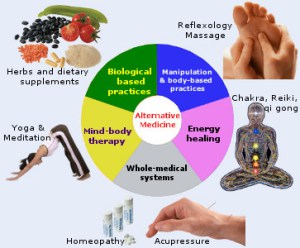Apart from insulin injections, alternative treatments for diabetes are also available. This may include diet, exercise, acupuncture and herbal remedies. Keep in mind that these treatments should be used only to complement conventional treatments and not as the main mode of treatment.
Mineral supplements such as chromium, magnesium and vanadium can be added to the treatment regimen. Studies on these minerals show beneficial effects but these are not yet well established. At present, no recommendations have been made on the use of mineral supplementation for diabetes management.
Detoxification through fasting or a controlled diet is another alternative treatment. This method supposedly helps the body eliminate toxic substances naturally. Acupuncture and massage allegedly help by preventing the slowing of motor nerve conduction and improve blood circulation, to name a few. As with mineral supplementation, there is not enough clinical evidence to support these claims.
Plant food such as okra, bitter gourd, peas and broccoli have been found to be beneficial for people with type 2 diabetes. This could be due to the high fiber content of these foods. Herbs being investigated for use in diabetes treatment include garlic, ginseng and nettle. While all of these may show promise in helping control blood sugar, the therapeutic effects of these herbs have yet to be clinically proven.
Consult your doctor before taking any of these supplements. While there is nothing wrong in taking any of these alternative modes of treatment, it is best to scrutinize the supposedly beneficial effects before trying any. At present, only balanced diet and adequate exercise have been established to have effects in controlling blood sugar.
